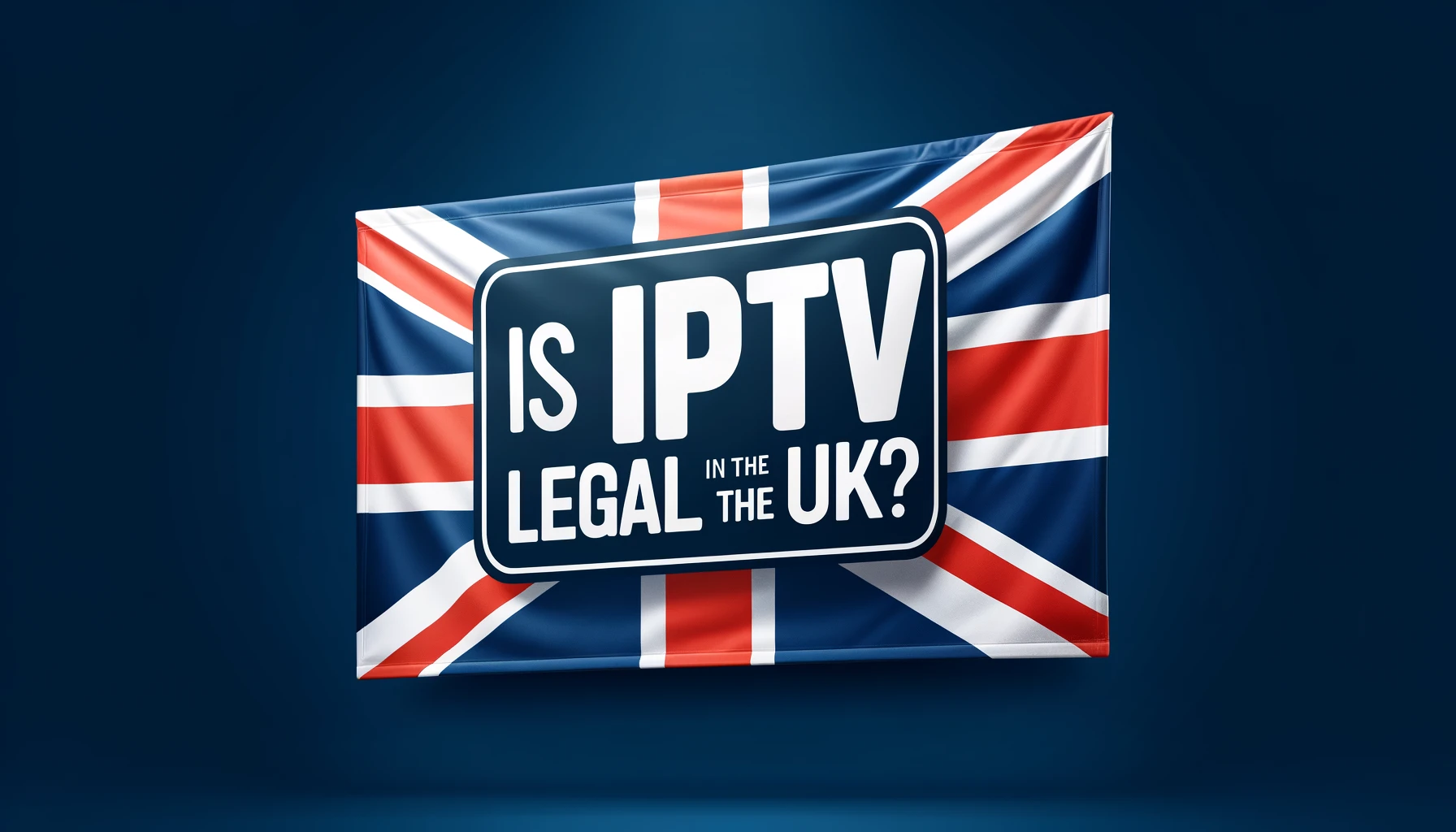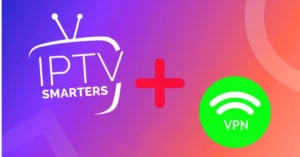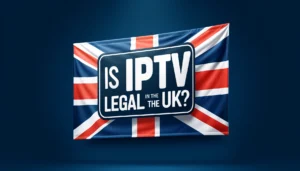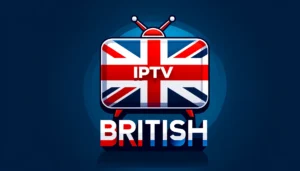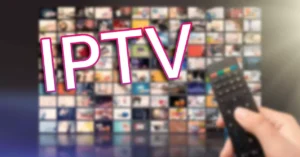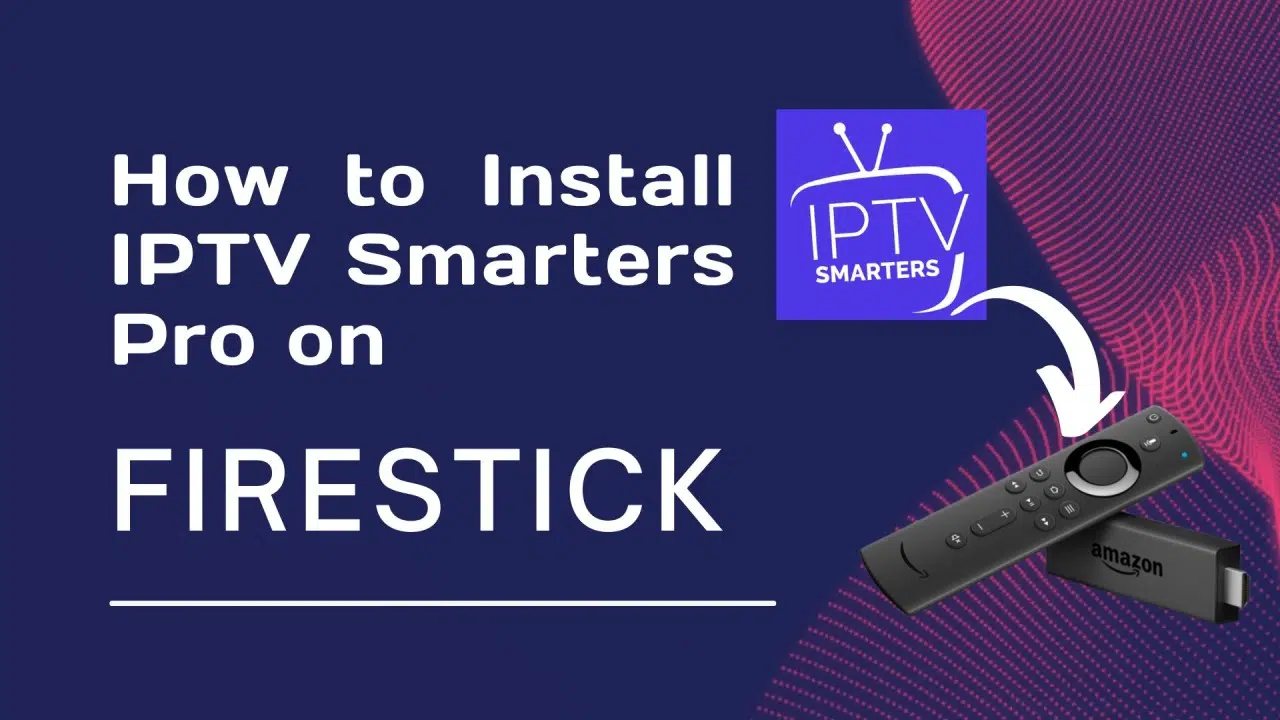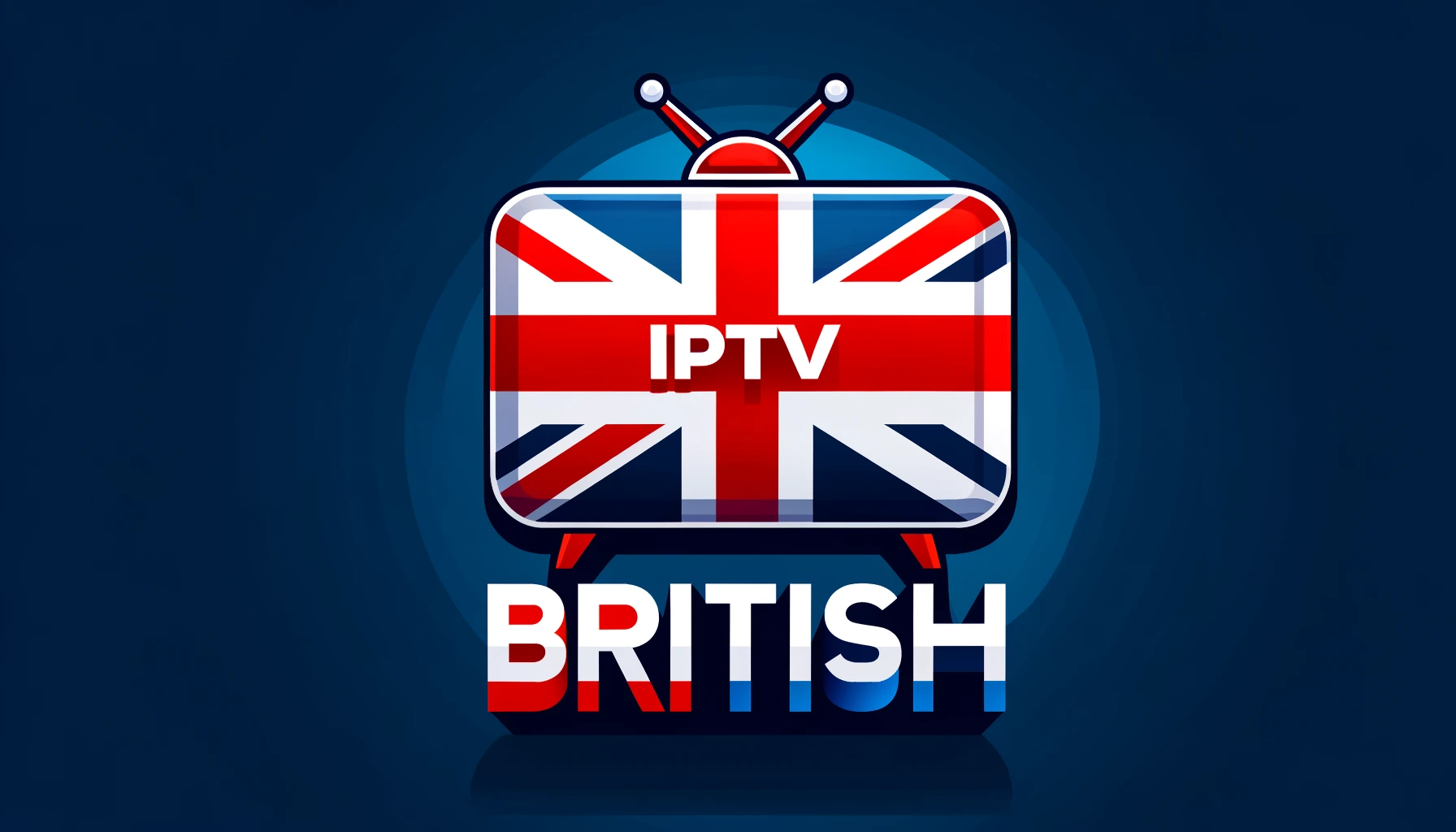Is IPTV Legal in the UK?
The rise of streaming technology has transformed how people access television and video content. Among the many options available, IPTV (Internet Protocol Television) has become a popular method for watching live TV and on-demand shows over the internet. But with its growing popularity, questions around its legality have surfaced—especially in regions like the United Kingdom. So, is IPTV legal in the UK? The answer is not definitive and heavily relies on the source and type of IPTV service being utilised.
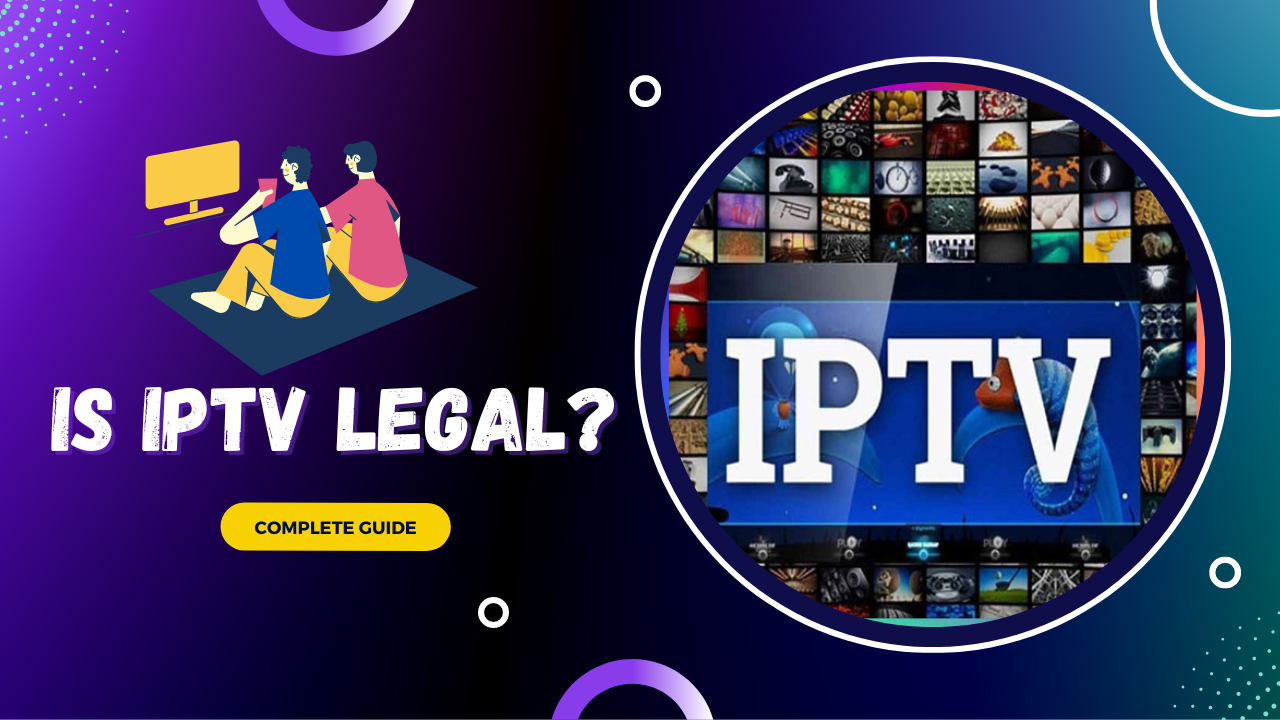
1. Understanding IPTV
IPTV stands for Internet Protocol Television, a system through which television services are delivered using the internet protocol suite over a packet-switched network such as the Internet. This is in contrast to traditional terrestrial, satellite, and cable television formats.
Legal IPTV services include well-known platforms like BBC iPlayer, ITVX, Sky Go, and BT TV, which offer streaming services through licensed content distribution. These services operate within copyright laws and pay royalties to content owners.
However, IPTV can also refer to unlicensed services that stream premium content (such as live sports, films, or subscription channels) without proper authorisation or licensing. This type of service can lead to legal issues for both users and providers.
2. Types of IPTV Services
There are two broad categories of IPTV services:
Legal IPTV Services:
These include legitimate, licensed platforms such as:
- Netflix and Amazon Prime Video—subscription-based VOD platforms.
- BBC iPlayer and ITVX—free-to-air services with licensing agreements.
- Sky Q, BT TV, Virgin Media —paid TV services offering live and on-demand content with proper licensing.
Illegal IPTV Services:
Marketers often market these as “fully loaded” boxes or apps, offering access to thousands of channels at a significantly lower cost. They typically:
- Provide live broadcasts of premium channels (e.g., Sky Sports, BT Sports, HBO) without permission.
- Offer newly released films and shows that are still in cinemas or behind paywalls.
- Are hosted on offshore servers to evade legal jurisdictions.
3. What UK Law Says About IPTV
Several laws, particularly those pertaining to copyright infringement and the unauthorised distribution of content, govern the legality of IPTV in the UK.
Copyright, Designs and Patents Act, 1988
This law protects intellectual property in the UK. Streaming or distributing copyrighted content without permission breaches this act. Both providers and users can be held accountable.
Digital Economy Act 2017
This legislation enhances penalties for online copyright infringement and provides mechanisms to block illegal streaming services.
In 2017, the UK High Court granted major broadcasters the ability to block illegal IPTV streams in real time. Since then, enforcement has increased, targeting both suppliers and end-users.
4. Consequences of Using Illegal IPTV
Engaging with illegal IPTV services can have serious consequences:
For Providers:
- Providers may face severe penalties, including heavy fines and imprisonment.
- Equipment and assets may be confiscated.
- Broadcasters and copyright holders may pursue legal actions.
For Users:
- Users may face legal action if they knowingly access pirated content.
- Loss of access to the service if the platform is shut down.
- Unsecured services expose users to risks of malware, phishing, and data theft.
Recently, UK authorities have cracked down on IPTV piracy rings. For instance, the UK authorities sentenced three men in 2020 for operating an illegal IPTV business that defrauded broadcasters of millions.
5. How to Identify Legal IPTV Services
To ensure you’re using a legal IPTV service, consider the following:
- Check for a recognisable brand—if it’s a well-known company (like Netflix or BBC), it’s legitimate.
- Look for subscription or license fees—legal services typically charge fees and operate transparently.
- Avoid “too good to be true” offers; if a service offers hundreds of premium channels for a few pounds per month, it’s likely illegal.
- Consult the terms of use —legal platforms have clear usage policies and customer support.
6. The Future of IPTV and UK Regulation
With streaming technology evolving rapidly, regulators are continuously adapting. The UK government and major broadcasters are collaborating to curb digital piracy. This includes:
- Improved real-time blocking of illegal streams.
- Awareness campaigns to educate the public.
- We have strengthened our collaboration with ISPs to prevent access to illicit platforms.
At the same time, the demand for flexible, affordable content delivery continues to drive innovation in legal IPTV services. Expect more integration, better quality, and smarter user experiences as technology progresses.
Conclusion
So, is IPTV legal in the UK? The answer depends on whether the service is authorised to distribute the content it offers. Legal IPTV platforms operate within UK law and pay for the rights to stream content. Illegal IPTV services, on the other hand, violate copyright law and can pose serious legal and cybersecurity risks to users.

